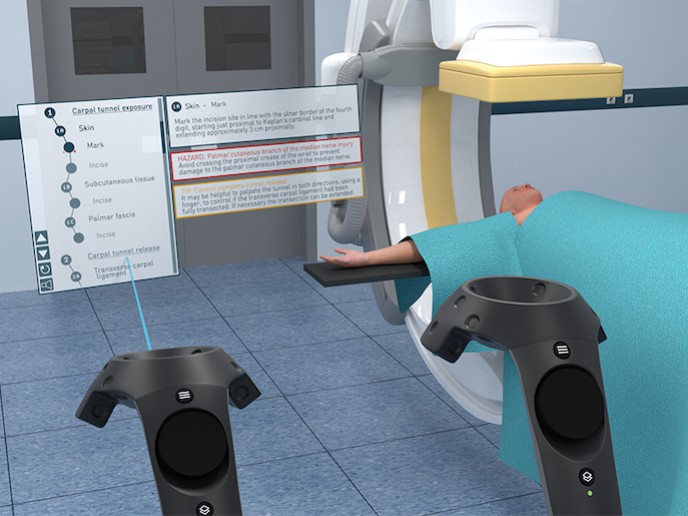Learning more about learning processes
With a general focus on psychological processes contributing to the formation of attitudes, the project 'Effects of different learning experiences on automatic evaluative processes' (DLEAEP) began with contemporary attitude theory. This approach acknowledges relationships beyond the implicit/explicit boundary. Specifically, research delved into assumptions regarding learning experiences on automatic versus controlled evaluation. The former involves fast, unintentional and sometimes unconscious processes. The latter involves intentional, effort-directed cognitive processes producing judgment related decisions as to whether a person likes or dislikes an object. Using a variety of experimental procedures, DLEAEP produced evidence supporting, as well as slightly modifying, this basic assumption. The results explain the boundary conditions and add details regarding the processes potentially contributing to the assumed discrepancy (differences). One research strand focused on relational information, which indicates that objects are associated with each other and also explains why and how. One example of such information is: 'The bacteria ended the inflammation.' This indicates there is an association between the bacteria and the inflammation, and explains the nature of their association. This form of information can produce mental links in memory. Following up, the study offered evidence that relational information leads to associations that likely influence both automatic evaluation and controlled evaluation at a later date. DLEAEP found that the first is more sensitive to associative information (bacteria and inflammation are associated), and the second to relational information (bacteria ends inflammation). One significant finding was an automatic preference for objects ending pleasant events over objects ending unpleasant events. Research also highlighted under what conditions such counter-intuitive automatic preference occurs and how it can be increased or eliminated. Other project research involved the study of how different learning experiences impact different measures of automatic evaluation. The team developed a theoretical framework to generate hypotheses on the effects of stimuli co-occurrence on later evaluations. DLEAEP's large-scale tests and smaller-scale laboratory studies have made an important scientific contribution to the body of knowledge on psychological evaluative processes.







